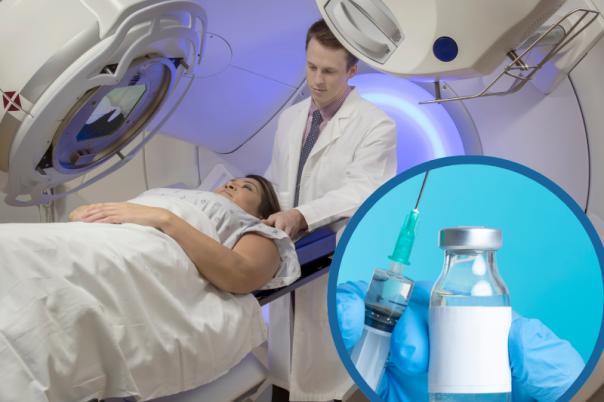Over the COVID 19 pandemic, we learned the importance of quick turnarounds for vaccines when we are faced with a dangerous new pathogen. In the next pandemic, these vaccines need to be cost efficient, accessible, and all the more effective to tackle the rise in antibiotic resistance.
That’s the mission of Abera Bioscience and their outer-membrane vesicle (OMV) vaccine platform. Abera is a science-centric spin-out from the Stockholm University, Sweden and Vrije Universitet Amsterdam, the Netherlands, currently advancing into the clinical stage. Mats Lundgren, CSO at Abera Bioscience, explained how they develop new vaccine candidates based on their platform, including projects for the next pandemic.
The BERA platform uses OMVs: nanoparticles which bud-out from bacterial cells. Abera’s OMVs come from a proprietary Salmonella strain, with engineered protein structures on their surface to bind antigens covalently. This makes them highly immunogenic and cost-efficient to produce. The OMVs trigger strong immune responses, including innate nonspecific immunity, dendritic cell maturation, T cell activation, and antibody production both locally and systemically.
Abera’s lead candidate is a pneumococcal vaccine ready for clinical phase one. The candidate targets all serotypes using conserved antigens, addressing issues like serotype replacement and high production costs of existing vaccines. Preclinical studies show that the pneumococcal vaccine reduces bacterial colonization in the nose and induces strong immune responses in mice.
Lundgren also outlined how mucosal vaccination induces local immunity at the pathogen's entry point, preventing transmission of airborne diseases, and is needle-free, making it suitable for developing countries.
Along with this they are also working on COVID-19, influenza, chlamydia, tuberculosis, and pandemic preparedness. Abera plans to enter clinical trials soon and is also working on other projects like pandemic preparedness, COVID-19, chlamydia, and tuberculosis vaccines.






